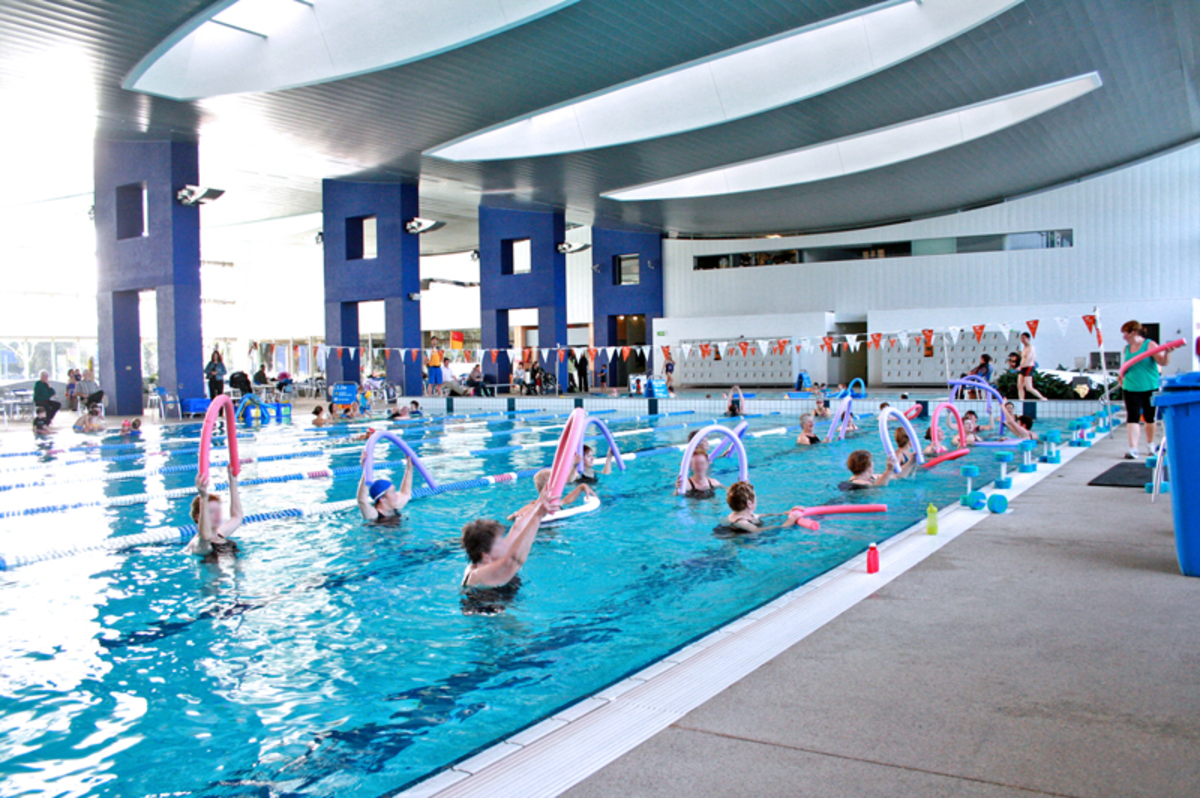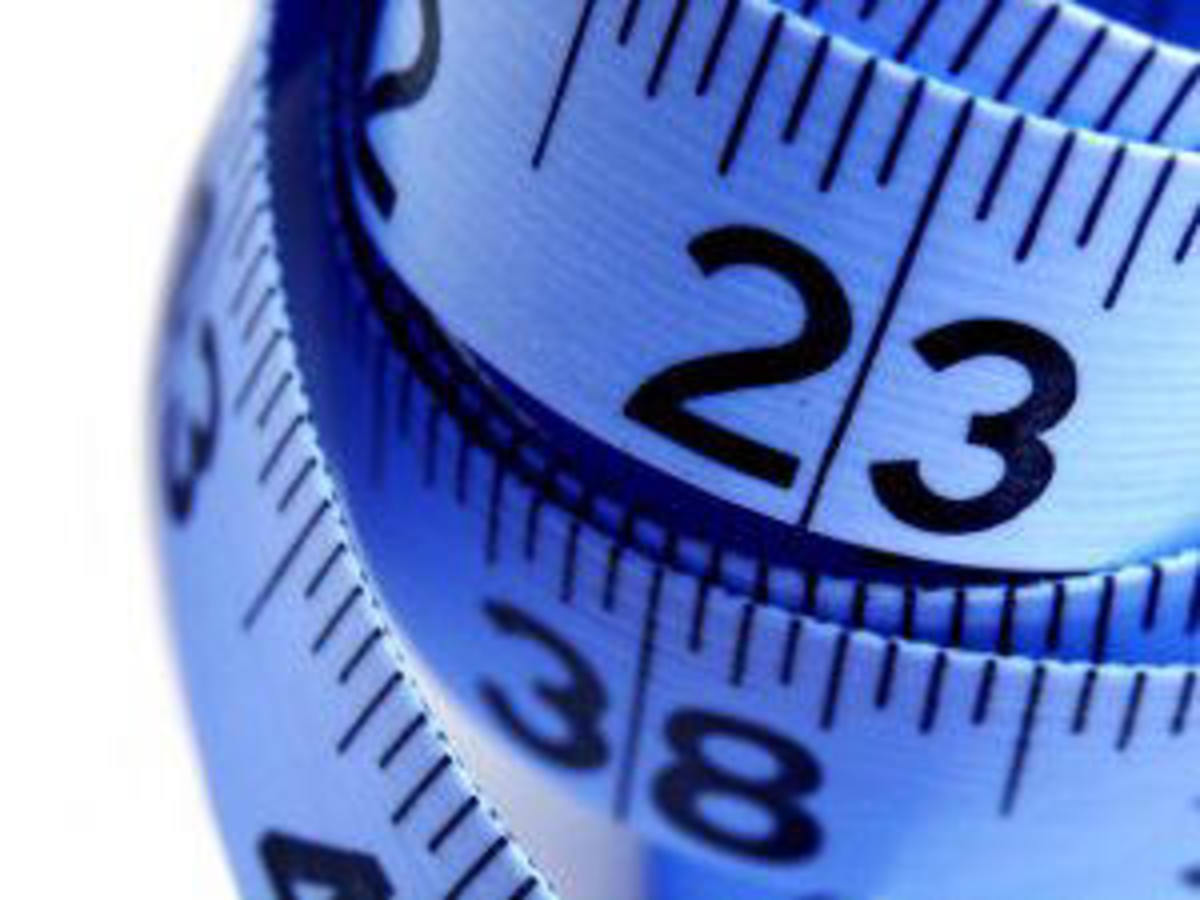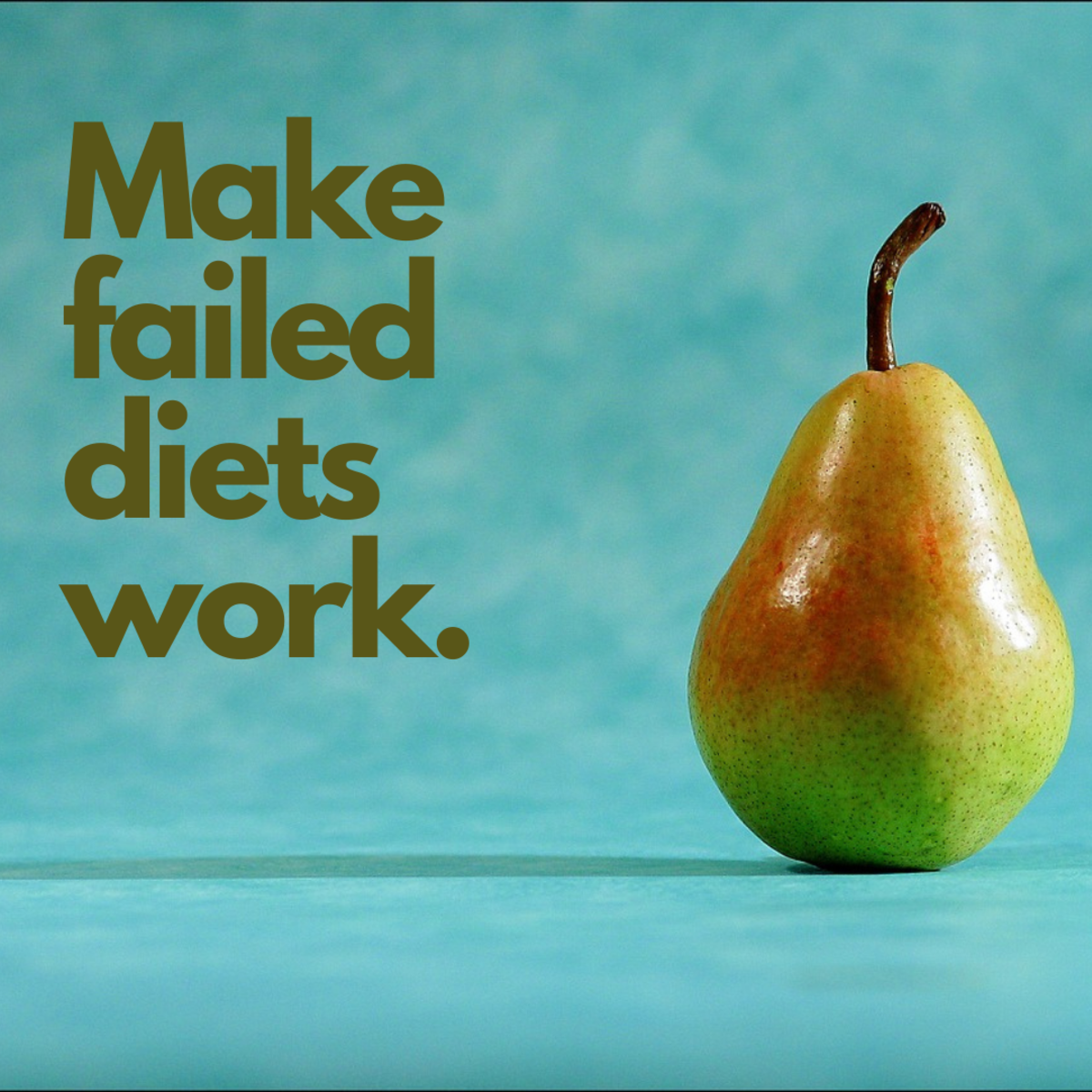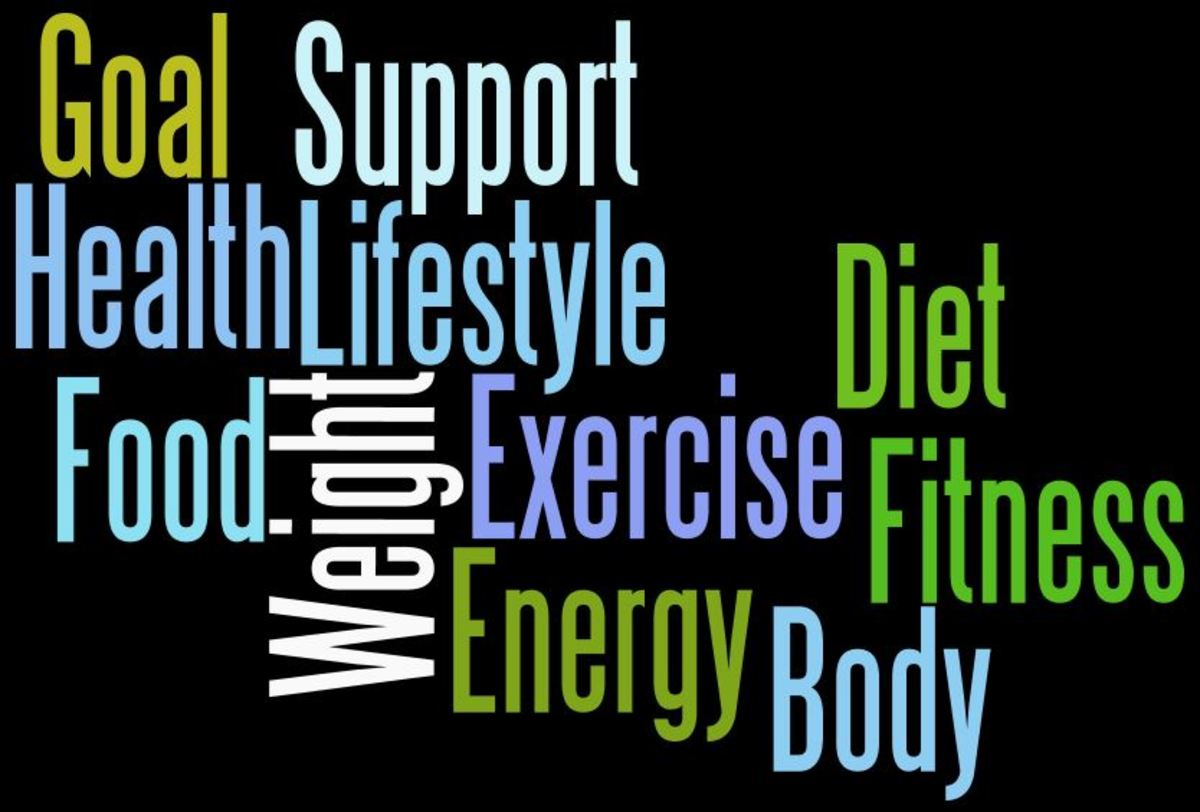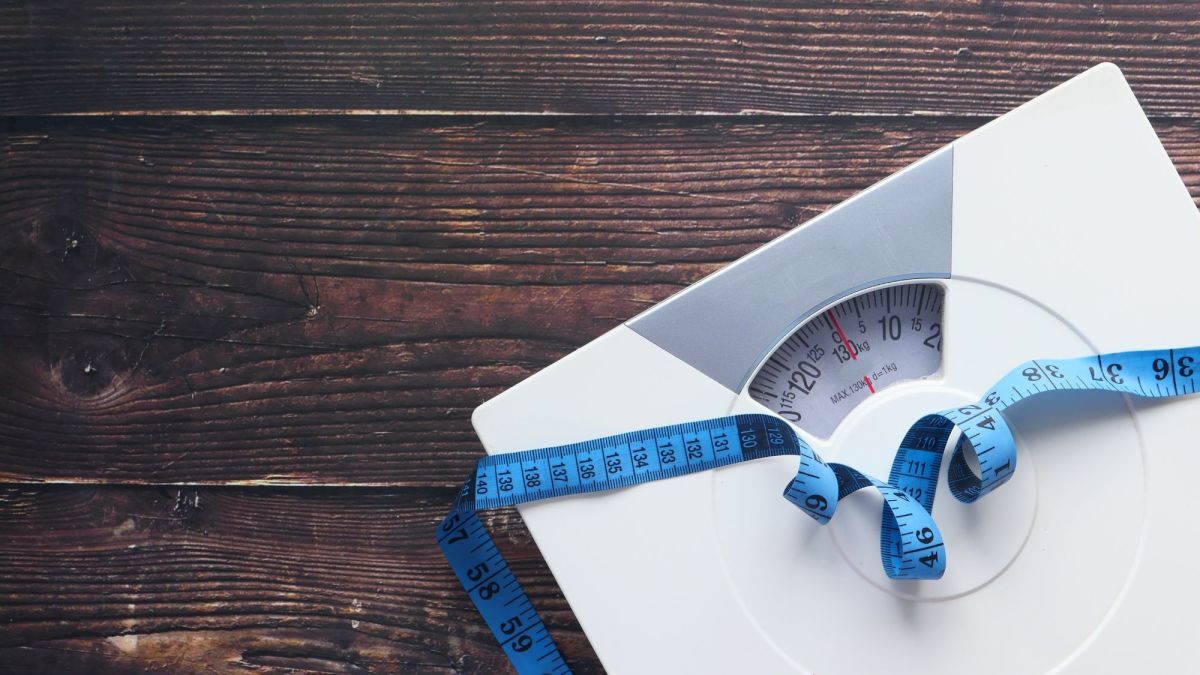Common Weight Loss Myths and Misconceptions
There are many common weight loss myths and misconceptions. People across the globe have various ideas about weight loss that are either not true or misunderstood. These misconceptions and myths often result in bad diet choices, failure to actually lose weight and serious health risks. For these reasons, it is important to know common myths and misconceptions of weight loss so that you are not misguided. Here are 10 of the most common weight loss myths and misconceptions.
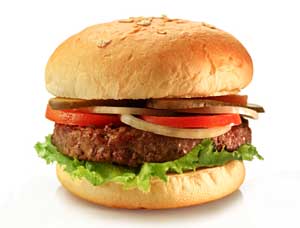
1. You will never lose weight if you eat fast food.
Fact: Fast food is simply what it states; food prepared for you to have on the go. Therefore, whether you cook that specific meal from home or purchase it at a fast food restaurant, it is possible that there will be little or no difference in the calorie output. The most important thing is to make healthy choices at home or on the go. There are many healthy fast food choices out there. Even simple measures like opting for water instead of juice or soda, having salads without dressing, opting for mashed potatoes without gravy instead of fries can make a significant difference in the amount of weight you lose or gain while eating fast food. So make healthy choices while dining out. Choose your portions carefully, drink water or unsweetened coffee or tea, opt for smaller meal portions especially if you eat out several times each day and always include natural fruits or vegetables.
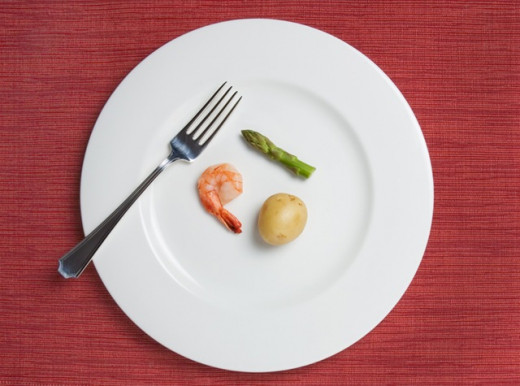
2. You have to starve yourself to lose weight
Fact: Obviously, if you starve yourself your're probably going to die. This is a common misconception among dieters and weight loss interests alike. Many persons believe that they have to literally starve themselves for a period of time to lose weight. Unfortunately, they fail to realize that while their bodies are still active, it will require certain amounts of nutrients to function properly. Lack of food especially fueling carbohydrates, will cause your body to crave for that particular nutrient. Thus, starving yourself will most likely lead to you eating out of control and even gain weight instead of losing it. If you are lucky to starve and lose weight, chances are your body is severely dehydrated and malnourished and you might experience various complications resulting from iron, vitamin b6, b12, b3, prosperous, protein, calcium and iodine deficiency. The bottom-line is, never starve yourself to lose weight. It will be bad for you in the long run.
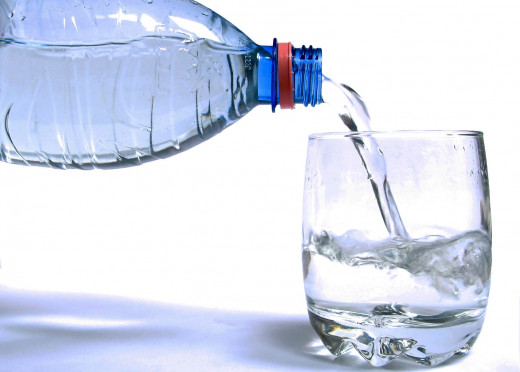
3. Drinking water will make you gain a lot of weight
Fact: Crazy as it sounds, many persons still believe that drinking plenty of water is the cause for their massive weight gain. The fact is that we need to drink fluids throughout the day for our body's chemical functions. Your organs need water to function effectively, therefore water is essential. It is important to keep hydrated throughout the day. Anything you put into your body has weight. Your meal has weight therefore after consuming it that weight will be added to your body until excreted. A glass of water typically weighs about 1/2 lb and thus after drinking water, your weight will increase by the amount of water you drank. Drinking water will however not result in permanent weight gain as water contains no calories. Excess water will be excreted through urine and sweat. Your body will not retain more water than it needs unless you are taking various medications or consuming large amounts of sodium that can cause your body to retain excess water. The fact is that water will cause temporary weight gain, maybe over 24 to 48 hours at most. Water is not responsible for your long term weight gain of 5, 10, 50 or 90lbs.

4. You have to exercise a lot to lose weight
Fact: This is not necessarily the case. You can lose weight without any exercise at all. It is what we eat and how we eat that accounts for the majority of our weight loss or gain. Exercise can help you to lose weight, it helps to keep us fit, strengthen and build muscles and helps to increase the body's metabolism. Furthermore, not all exercises are meant for weight loss. Various factor contribute to weight loss including your diet, hormones, genetics, medical issues and so on. So if you want to lose weight, do exercises that burn calories and most importantly, eat to lose weight.
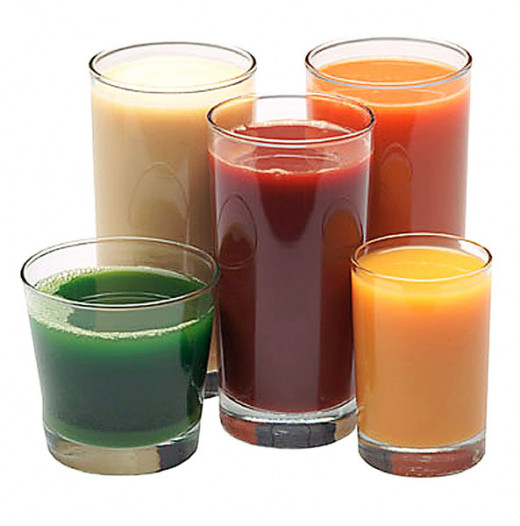
5. You will lose massive amounts of weight on liquid diets
Fact: This is a popular misconception of weight loss. People don't seem to realize that liquid calories can be as much as calories in solid foods. Liquid foods also digests more easily than solid foods, thus making you get hungry pretty quickly. Having liquid meals will not necessarily make you lose weight. The important factor is the contents of your liquid intake and its calories. There are many beverages that are packed with saturated fats, complex carbohydrates and sugars. These will contribute significantly to your weight. If you choose to go on a liquid diet, don't just drink any liquids. Your aim should be to avoid consuming high calorie beverages like artificial juices, alcohol, sodas, energy drinks, whole milk beverages and starchy power punches. For successful weight loss, try to balance liquid intake, giving yourself ample quantities of essential nutrients with less fats and carbs and more protein, vitamins and minerals.
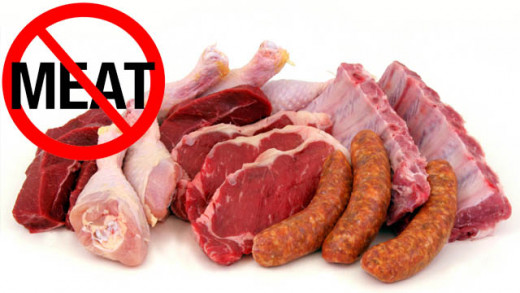
6. Stop eating meat to lose weight
Fact: Meats are packed with essential proteins, amino acids and fats that our body need. Protein is however, does not account for the majority of calories our body store. Therefore eating less meat will not account for much if any weight loss if you eat other foods the same way. In fact, storing protein as fat for later use is the body's last resort. Our bodies prefer to convert and store carbohydrates, sugars and fats for use later on. Proteins are essential for body functions such as cell and tissue building, muscle strengthening, proper brain function and various blood chemistry. If you decide to cut meat without taking any other form of protein in its place, you will only put yourself at risk for major health problems.
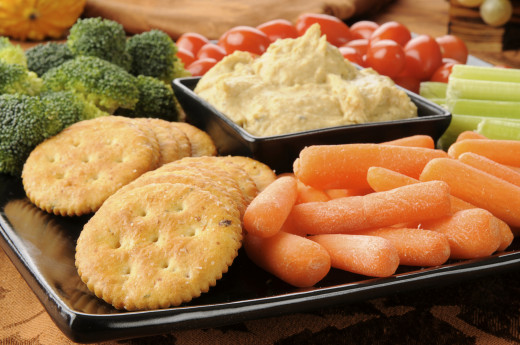
7. Never snack while on a diet
Fact: Snacking is a healthy part of dieting. Persons who diet often believe that they have to abstain from foods outside their meal times. This is far from the truth. Snacks help to keep our bodies energized and help to ward off hunger throughout the day. Eat healthy snacks like fruits and vegetables when dieting. Here is a list of healthy, filling low calorie snacks that will not spoil your weight loss diet.
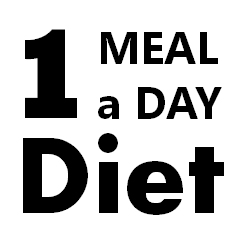
8. Eat only once or twice daily to lose weight
Fact: Come on, we all know that this is quite difficult to do. Although some people have done this successfully, it is not recommended for long term weight loss. By instinct our bodies will demand food. If the body's demands are not met, there will only be negative consequences. One or two meals daily is not sufficient for our bodies and will result in unbearable craving for food. Instead of eating one or two large meals daily, separate your two meals into 4 or 5 small portions. After dividing portions, add some healthy low calorie snacks between meals. You will be well on your way to losing weight without feeling as though you are on a starvation diet.

9. Eat as much as you want and lose weight
Fact: Absolutely not- unless you are eating vegetables, artificial food, water or air. In order to lose weight, one must exercise control in the amount of food that that is eaten and the types of foods consumed. Never for a second believe that you can eat whatever you want, do a bit of exercise and lose weight. Food contain calories, fuel our bodies and excess calories result in weight gain. Calories don't just vanish into thin air. If that was the case, no one on the planet would be making any effort whatsoever $6 to lose weight.

10. You can not lose weight while breastfeeding
Fact: Great news, yes you can safely lose weight while breastfeeding. Many women avoid losing weight while breastfeeding due to fear of depriving their babies of nourishment. However, with better understanding of nutrition and infant health, there are ways in which a woman can lose weight without compromising the quality of her breast milk. Some women drop tens of pounds a few months after giving birth and still go on to breastfeed until they are ready to ween their baby. Losing weight while breastfeeding is best done over a period of months as you do not want to take away vital calories and nutrients from your baby's diet. It is also recommended that most of the weight lost while breastfeeding is contributed through exercise. Having healthy, balanced, moderate portions of food as well as exercise, are essential for weight loss while breastfeeding.
Other Weight Loss Myths
Related Links
- Do Cardio Workouts For Maximum Weight Loss And Good ...
Do cardio workouts for sustained health, wellness and vitality. But for even greater benefits, do cardio workouts for maximum weight loss. A good workout plan is recommended along with a healthy diet. - 10 Fun activities to do to lose weight
Tired of walking on a treadmill? There are many ways that you can turn a boring routine into something fun and enjoying. Be creative, substitute one or more fun activities for your next exercise. - 40 Tasty Snacks Under 50 Calories For Weight Loss
Choosing tasty snacks while dieting can be challenging. Most of the tastiest snacks are packed with calories and will do no good for losing weight. Here are 40 tasty snacks under 50 calories.

